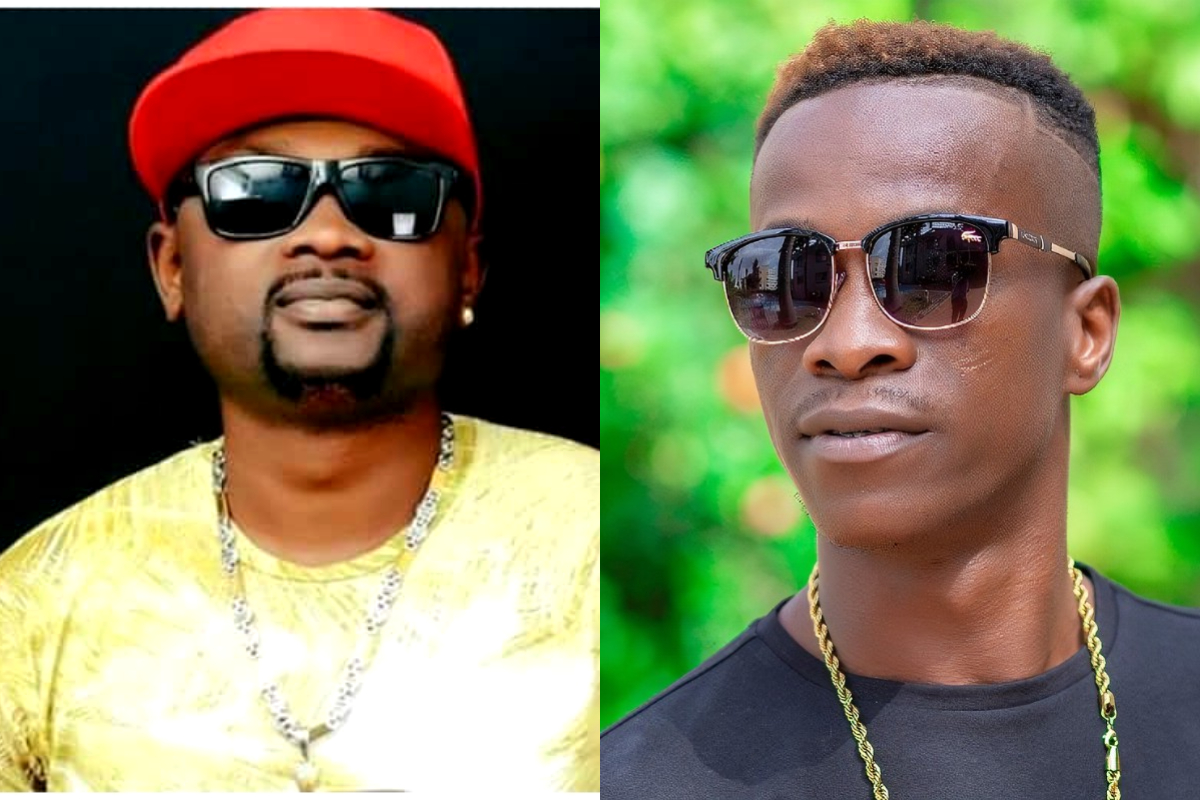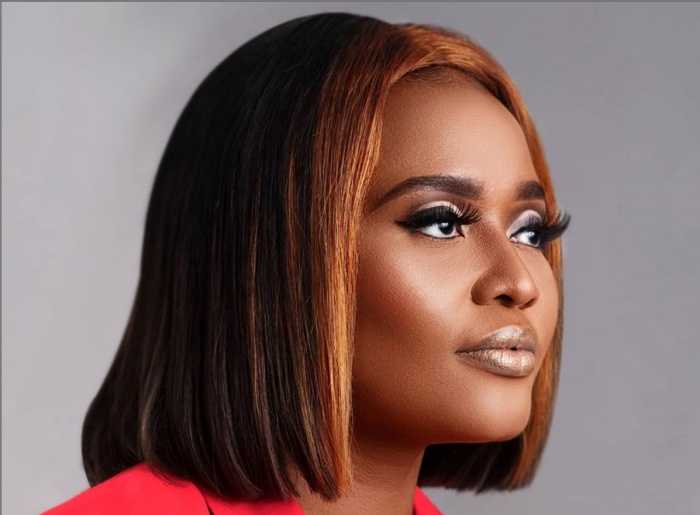“WE GAVE GHANA GOV’T US$430 MILLION TO FIGHT COVID” – World Bank, Director Pierre Frank Laporte
Pierre Frank Laporte, the World Bank’s Country Director for Ghana, says that the country has been given US$430 million to fight the new Coronavirus.
According to him, the money was first used for the campaigns that tried to tell and teach Ghanaians about COVID-19’s safety rules.
Laporte said on Joy News’ PM Express that “we’ve given Ghana US$430 million to fight COVID-19.” And this includes a lot of different things, like the communication campaign, the “sensitization campaign,” the equipping of labs, and the setting up of new facilities to receive and treat patients.
He also said that the World Bank gave Ghana an extra US$130 million, which was used to buy vaccines.
A lot of projects were put into place by the World Bank while they were working with Ghana to fight the new Coronavirus and keep the country’s economy going strong.
He said that these projects were aimed at Small and Medium Enterprises (SMEs), which make up the backbone of Ghana’s economy.
He said that the World Bank also helped speed up the disbursement of projects like the Ghana Economic Transformation projects, which helped small businesses.
Before COVID-19, the tourism project was having trouble in other places. The Minister has done a great job of moving these things forward, which has helped a lot of small businesses, he said.
As he said, the World Bank was even speeding up the disbursement of its social protection project, and it had approved an extra US$100 million to help with the project as well.
“So, a lot of things are going on.” As Pierre Frank Laporte said: “We hope that the Development Bank will also get money for small businesses, because we’ve done a lot.”
On the show, Laporte said that Ghana could get another $60 million to help with its fight against COVID-19.
Omicron has reminded us of something that we should never think COVID will go away just like that. It might go away, or it might not. As we speak right now, we’re talking about giving COVID-19 even more money.
If everything goes well, it should be out by March. In total, we’re looking at $60 million dollars. Twenty of that money will go directly to more vaccines, and the other 40 will be used to build more treatment centers, he said.





